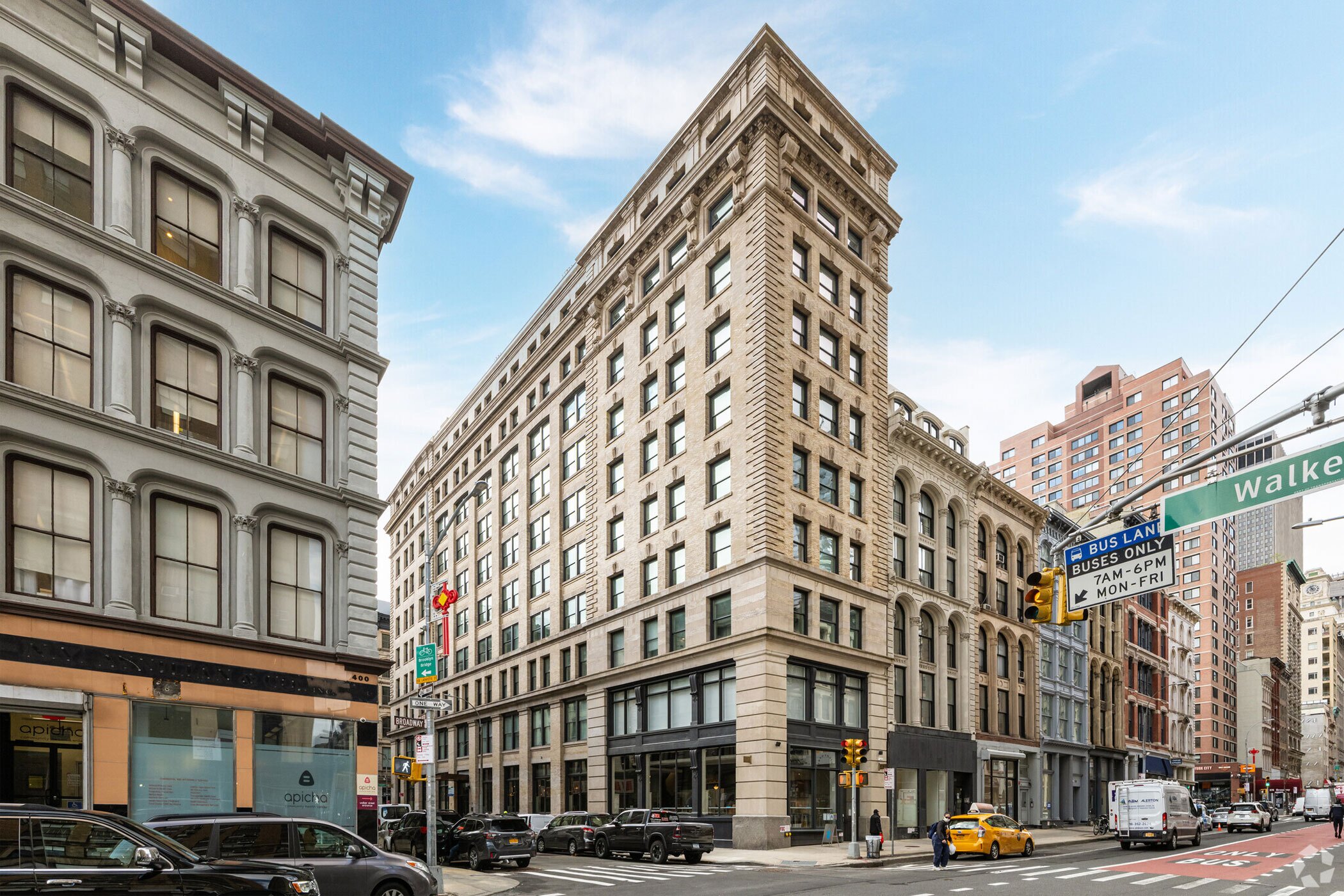Being both the owner and operator of a boutique hotel requires tremendous commitment, but also brings flexibility and trust, said Atit Jariwala, founder and CEO of New York City-based investment, development and management company Bridgeton.
Speaking during the 2021 online Boutique Lifestyle Leadership Conference by BLLA, Jariwala said it's hard for him to just act as a hotel owner and not also as an operator.
"A hotel is an operating business; it's very complicated. To be an owner and operator, I need to understand, live and breathe every aspect of the budget," he said. "When we look to underwrite a new property, to buy a new property or to develop a new one, our operations teams are deeply involved in the underwriting. It's not just the analyst.
"When things go wrong ... I don't want to be lost as an owner," he added.
The dual role is especially helpful when working with lenders.
"Because we are owners and operators, they trust us and know that we are operating as best as possible. We go through detail of the cost-cutting, how we're doing from a revenue perspective, how we're comparing to our comp set," he said.
Being independent allows for even more flexibility, he said, noting that lenders appreciate that he is operating his own hotels and not using someone else's playbook.
It's more manageable to act as solely an owner when dealing with a branded hotel, because usually someone has already created that playbook for them, he said.
Jariwala founded Bridgeton 10 years ago, focusing on owning, operating and developing boutique hotels across New York, including the Hamptons and Montauk. The company has since expanded to own other asset classes and is under contract to purchase a boutique hotel in Sonoma County, California.
He said his New York City hotels, the 113-room Walker Hotel Greenwich Village and 152-room Walker Hotel Tribeca, and Hamptons hotels have roared back to life this summer and are keeping momentum this fall due to leisure demand.

However, the city is missing business from international travelers, but he's optimistic they'll return in 2022.
"About 20% of our inbound travel is from international guests, but their spend is probably closer to 40% or 50%," he said. "They're bigger spenders and they stay longer."
Finding Opportunities
Jariwala said Bridgeton is leaning into the trend of "experiential hospitality," and is focused on curating its food and beverage outlets to match the hotels.
For example, the Walker Hotel Tribeca imitates the Victorian era in the design of its cocktail lounge, and the food and beverage team designed cocktails around that. But the other outlets in the hotel offer a completely different atmosphere and concept, using different designers in each.
Bridgeton operates its restaurants and bars either directly or through a partnership, he said. He is fond of finding up-and-coming restaurateurs, chefs and interior designers and passes on the "big names" for new projects, he added.
His company has also looked into larger mixed-used development projects, where hospitality is the anchor and it translates through office spaces.
He said the ideal experiential office space includes "programming, cocktail events [and] great design; it's not just swipe [your] card, go up to the office and get into your desk and move on."
Bridgeton has spoken with groups about developing this concept and it's something his company will be working on in the future, but he admits it's "complicated."
"In our office buildings that Bridgeton owns, we are trying to manage it in that way as well. They're individual, but to have one completely 'branded' project like that, I think, is an awesome opportunity if you can find the right location," he added.
In the immediate future, opportunities remain in drive-to locations, which performed well during the pandemic, he said, noting his company's Sonoma County hotel is in such a market.
Navigating the Labor Shortage
Jariwala said there's three important things that he looks for when hiring. At the top of the list is a great attitude.
"If someone isn't bubbly, happy and part of the team, it doesn't work out," he said.
The candidate also must be hard-working with a flexible mindset.
He said he never wants to hear a staff member say "that's not my job." Instead, staff should be willing to say, "I'll take that on; I want to learn and ... grow as a team member."
Empathy is also important, he said.
"It's not just a [high] IQ, it's EQ, too. It's someone who understands how to treat guests right," he said.
It's important that staff are sensitive to the fact that guests might have driven six hours to get to the hotel and have had a tough day.
"No matter how hard our day has been, we have to always show that this is [our] best day," he said.
